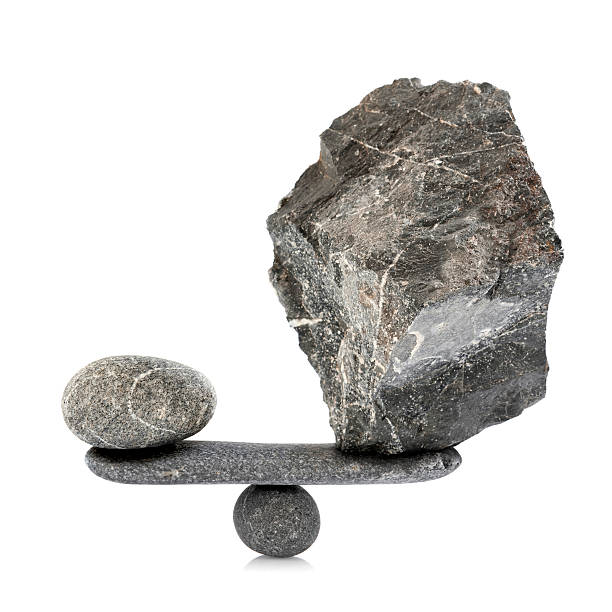What is a revolution?
A singular orbit around something
What is a force?
Force is basically a push or pull which acts on an object or energy as an attribute of physical action or movement
Matter is made up of ______
Particles
What is taxonomy?
The science of classifying living things
What is the structure of a hypothesis?
If______ Then_____ because_____
How does the Sun, Earth and Moon move around each other
The Earth orbits around the Sun, and the Moon orbits around the Earth
What is normal force?
The force we get from the ground pushing back on us, it stops us from falling through surfaces
Describe the attraction between particles in a gas
Very low attraction between particles
Binomial nomenclature consists of the ______ and _____, and is written in _______
a. Genus
b. Species
c. Italics
What is the purpose of an aim?
To set out the specific goal of the investigation
What causes tides?
The pull from the Moon's orbit (and sometimes the suns orbit for spring tides)
I am the force that can hold two metals together, what am I?
Magnetic force
Define diffusion
process by which there is a net flow of matter from a region of high concentration to a region of low concentration.
Define what an invertebrate is with an example of one
An animal lacking a backbone. Jellyfish, Worm, etc
What is the IV and DV?
IV - What you change
DV - What you measure
What is the reason for the Earth's seasons and how do they differ across the earth?
- The earth's axial tilt is the reason for the seasons
- The southern and northern hemisphere experience opposite seasons to each other due to their tilt toward or away from the sun
Describe inertia
The property of a body that makes it oppose any force that would cause a change in its motion. Objects in motion stay in motion, objects at rest stay at rest
If the temperature of a solid increases, the ________ starts to __________
a. Kinetic energy
b. Rise
Kingdom, phylum, class, order, family, genus, species
What is wrong with the following materials list? How would you fix this?
- Bunsen burner
- Beaker
- Food dye
- Water
- Match
- Data paper and pen
- 1 x Bunsen burner
- 2 * Beaker (250mL)
- 1 x Bottle of food dye
- 500mL of water
- 1 x Box of matches
- 1 x Data paper
- 1 x Pen
What would happen if the Earth stopped spinning? Give two things that would happen
- Everything on Earth would fly forwards at a very fast speed
- There would be no seasons or day and night, one side of earth would be very hot and the other very cold
- There would be a 'goldilocks zone' on the sides of the Earth where there is equal night and day
What is Newton's second law?
f=m*a
Which has a higher density? The larger or smaller rock? Why?
The smaller rock has a higher density as it has a lower volume but equal mass
Define trophic cascade referencing the keystone species.
When there is a change in population of the keystone species, all species of the food web are impacted resulting in a cascade of consequences on each trophic level
What is two examples of an ethical issue in a scientific investigation?
Answers may vary
- Seeking permission to use particular land
- Seeking consent to use peoples data
- Keeping people anonymous
- Ensuring you are not causing harm in your investigation
- Being honest with results